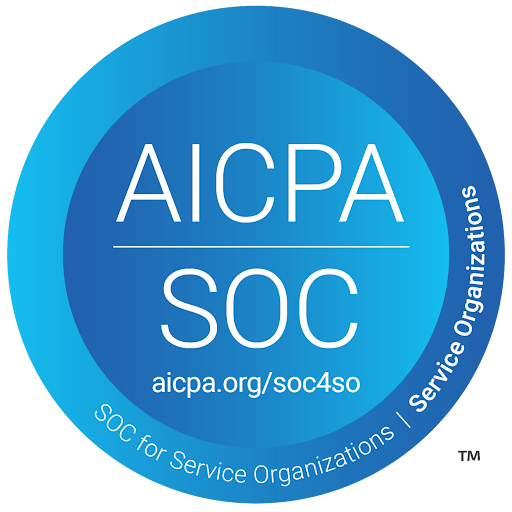Source Hotels & Manage RFPs
Global Hotels
RFP Response Rate from Hotels
RFP to Booking Conversion
Faster Sourcing
Simplify Sourcing. Save 30+ Hours per RFP.
Streamline your sourcing and stay in control of your process with Hopskip. Build organized proposals, automate comparisons, and generate ready-to-share, branded presentations for stakeholders. Keep your trusted relationships and create new connections.


Get Qualified Leads Only, and Competitor Insights.
Connect directly with serious planners, exclusively sourcing on Hopskip, who have real budgets and ready-to-book events. Get the insights you need to stand out against your competition.
Unparalleled Support. Ready When You Are.
We know that speed and expertise are non-negotiable when you're managing complex event logistics. That’s why great support isn't an afterthought, it's a core value we'll always invest in.

Where Planners, Hotels, and Partners Connect

Connect With & Grow Your Industry Network
Keep your trusted NSO, GSO, and DMO contacts in the loop throughout the entire sourcing process. Maintain control of your relationships while managing your RFPs in one organized platform.

Quality Over Quantity
Every RFP comes from subscribed planners with real budgets and decision-making power. Hotels respond faster because they know the leads are qualified.

Clear Communication, Better Results
Message decision-makers directly. Get notifications when proposals are viewed. Share updates in real time. No more endless email chains or waiting for responses.

Insights That Drive Decisions
Hotels see competitive market and engagement metrics. Planners track savings and compare total costs. Everyone gets the data they need to make informed choices.

Simple Tools That Save Time
Create branded presentations in one click. Track proposal status automatically. Generate polished reports instantly. Focus on relationships instead of repetitive tasks.

Clear Pricing for Clear Value
Planners pay a simple subscription, hotels earn more group revenue, and DMOs connect clients to perfect venues. With transparent pricing, everyone wins.
Transparent Value for Everyone
For Planners
efficiently
For Hoteliers
For DMOs
planners
Hopskip Resource Hub
Power up your event venue sourcing skills, learn industry insights & best practices, and access free resources designed for the modern event professional.

Clause and Effect: Ask a lawyer anything
Get clear, no-fluff answers to your biggest legal questions—from RFPs to FTC Junk Fees and everything in between. This is your chance to hear directly from legal experts who get the events industry. Walk away with practical tips to protect your business and boost your confidence at every stage of the planning process.
Join Experienced Professionals Using Hopskip to Source Smarter
Start free to see it in action.
.svg)











.svg)


































.png)

.png)




.svg)

